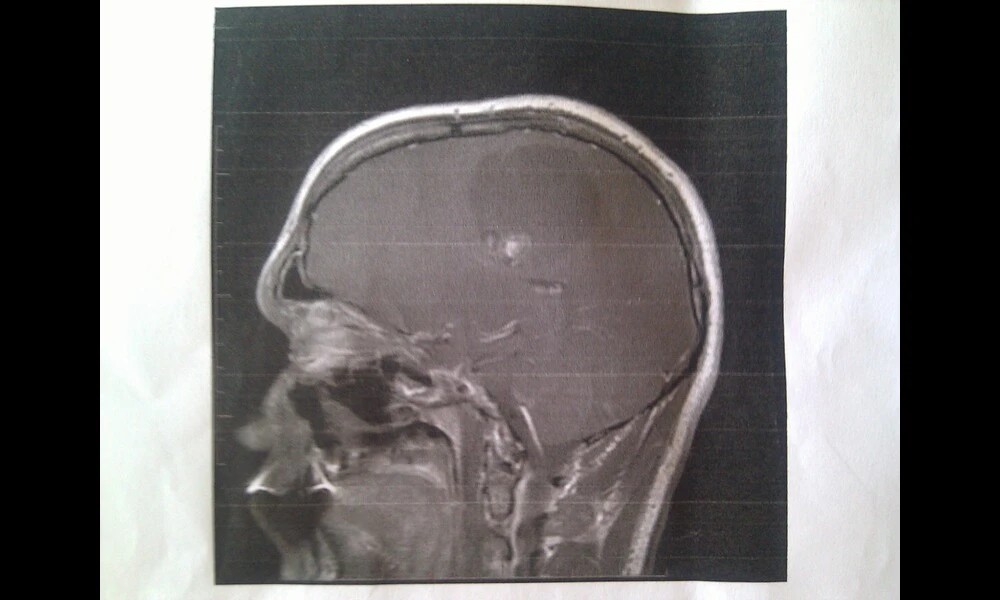Enhancing Accuracy in Silicon Photonic Ring Resonator Thermometers
Published on Mon Jul 10 2023New research has identified and addressed the intrinsic impairments that limit the accuracy of temperature measurements in silicon photonic ring resonator thermometers. These impairments arise from changes in the waveguide effective index, as well as back-reflections and scattering at defects and interfaces within the ring cavity and along the light path. The researchers conducted experiments and developed models to characterize these impairments, finding that different optical power levels resulted in both positive and negative light-induced resonance shifts.
One key finding is that self-heating induced resonance red shift can alter the temperature reading by up to 200 mK at higher incident power levels, while a small blue shift is observed at lower incident power levels. However, the researchers show that these effects can be effectively suppressed by choosing longer ring cavities, thereby limiting the temperature error to below 3 mK.
Another finding is that scattering and back-reflections can produce split and distorted resonance line shapes, leading to measurement errors. However, the researchers propose mitigating these distortions by tracking only selected resonance orders and by directly measuring the resonance minimum wavelength, rather than fitting the entire resonance line shape. These strategies can largely eliminate the distortions and improve measurement accuracy.
The implications of this research are significant, as accurate temperature measurement is crucial in various fields, including biomedical research, material science, and climate studies. By addressing the intrinsic impairments in silicon photonic ring resonator thermometers, these findings pave the way for more accurate and reliable temperature measurements. The researchers suggest that these techniques can also be applied to other types of silicon photonic sensors, expanding their potential applications.
It is worth noting that achieving even higher measurement accuracy will require individual device calibration, due to the fabrication-dependent nature of self-heating and index changes in the waveguides. Additionally, further advancements in photonic measurement techniques and device fabrication are needed to achieve temperature resolutions in the sub-millikelvin regime. This research opens up new avenues for developing customized optical measurement systems and exploring more complex photonic chip architectures to amplify temperature response.
By improving the accuracy and reproducibility of temperature measurements in silicon photonic ring resonator thermometers, this research contributes to the advancement of scientific research and technological applications that rely on precise temperature control. It also highlights the ongoing efforts to push the limits of photonic measurement and device fabrication, showcasing the potential for future developments in this field.



